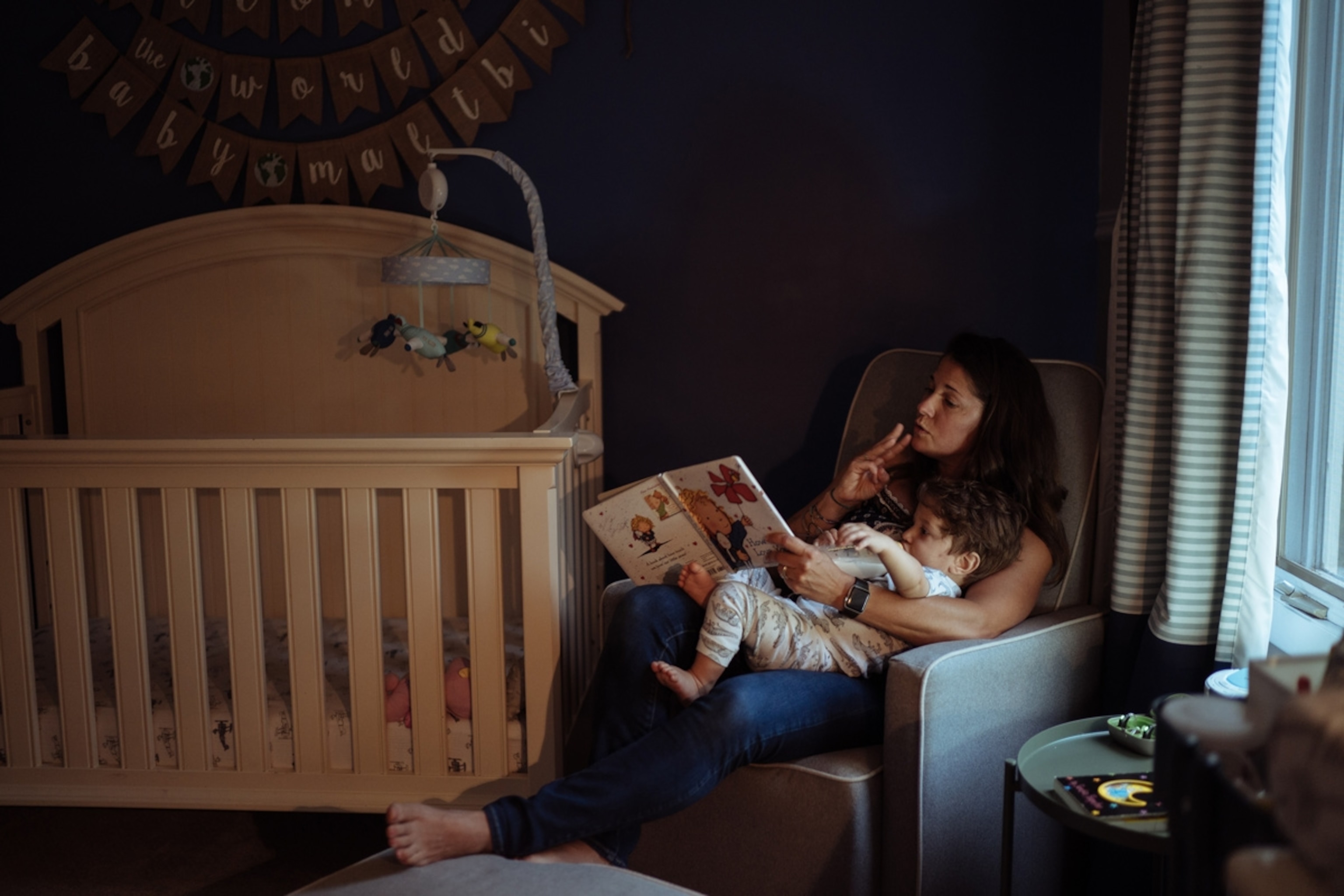
Bedtime rituals are important for children—and for parents
How nightly traditions during a pandemic can offer comfort and stability
As an emergency medicine doctor, Jacinta Cooper didn’t always make it home in time to participate in nightly rituals with her two daughters. So she’d FaceTime as much as she could before saying good night.
But after the pandemic hit, the first few times Cooper FaceTimed home, one-year-old Ruby didn’t recognize her mom behind a mask. “She usually giggles and reaches for the phone, but she didn’t,” Cooper recalls. “It made me kind of sad. It’s already hard being away from them and working through this pandemic.”
Ruby now understands that it’s Mom behind the mask, and the important FaceTime ritual continues when she’s not at their Atlanta home. But one bedtime ritual never varies. Always, after the kids have been fed, bathed, pj’d, and read a bedtime story, dad Jeremy Reneau has four-year-old Liyla repeat or recite an affirmation he created when she was about two years old:
“I am smart.”
“I am strong.”
“I am brave.”
“I am beautiful.”
“I can do anything.”
Reneau said he wants his daughters to grow up knowing they matter to their family and the outside world. “I wanted something to help her know what was valuable about her and how valuable she is,” he says.
Rituals—from lullabies to bedtime stories to simply saying “I love you” before bedtime—are important for children and their caregivers, providing physical and mental health benefits. But they’re especially important during the stressful times we’re living through.
“Children and adults thrive on consistency and routines,” says pediatrician Ari Brown, spokesperson for the American Academy of Pediatrics. “And with our current pandemic, this is even more important than ever as it makes children feel in control by having a stable wind-down routine.”
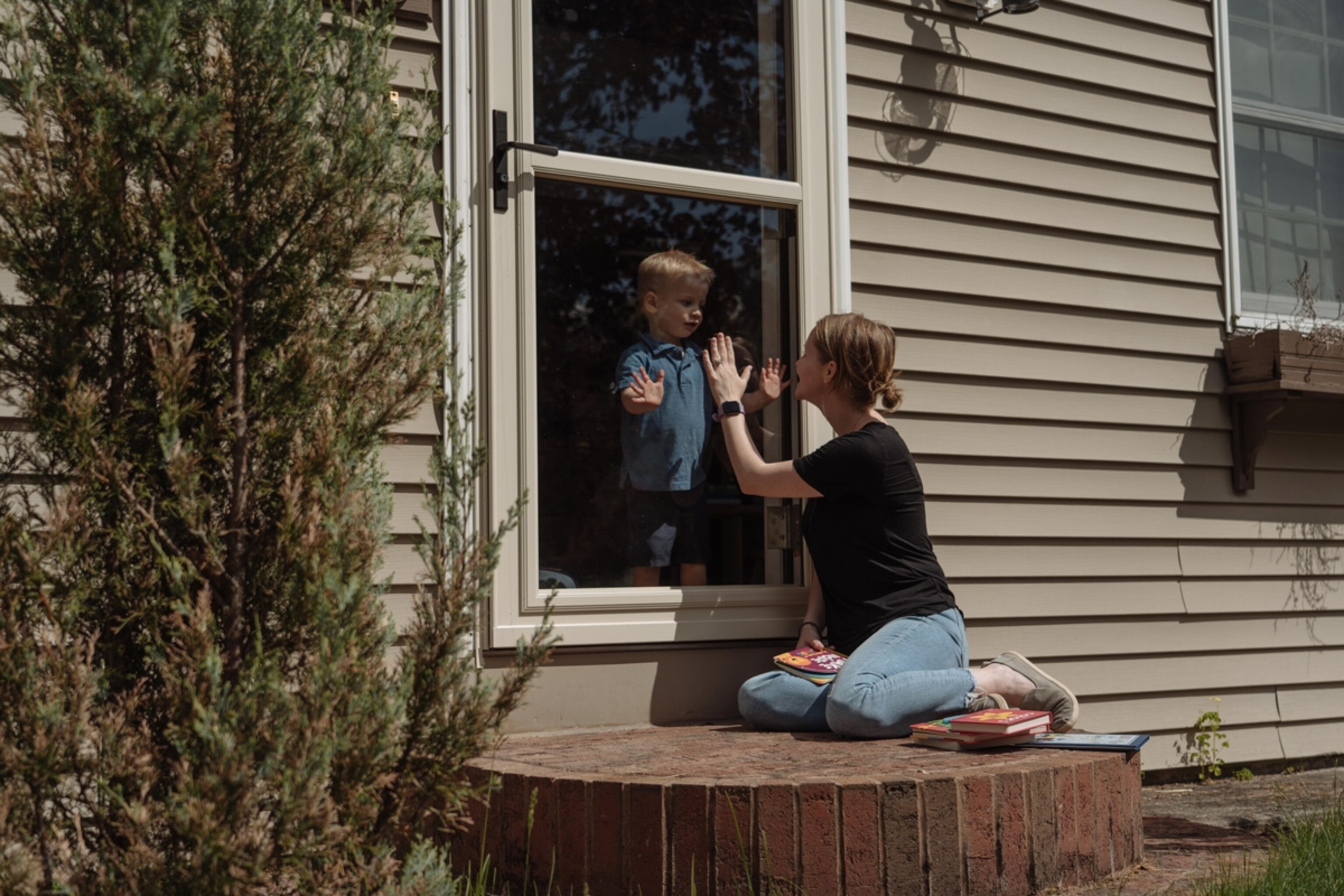
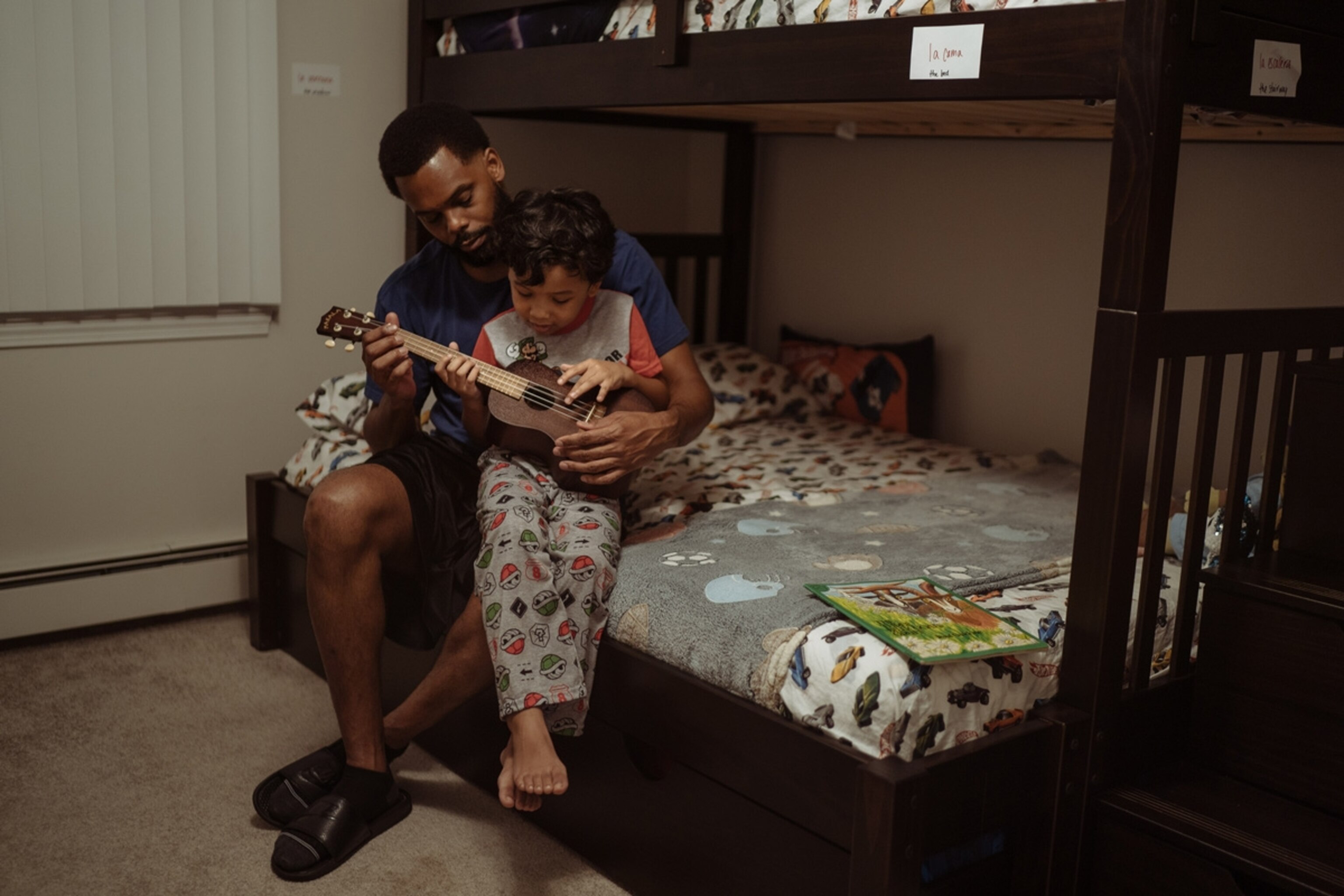
And at a time when adults have so much to worry about—health scares and economic worries, for instance—kids might feel like they’re taking a backseat to the pandemic. But bedtime rituals put those concerns, well, to rest, Brown says.
“It sends a message to your child that nothing else is more important than them,” Brown says. “All the work and chores of the day are set aside and these precious quiet moments tell your child they have your full undivided attention.”
The benefits of bedtime rituals
Even in “normal times,” bedtime rituals are an important factor in maintaining a child’s physical health. Brown, co-author of the Baby 411 book series, says that the routine helps prepare the brain and body for sleep, which results in a better night’s rest.
“A restorative night's sleep helps the brain and body function optimally the next day,” Brown says, calling that the most obvious benefit of sleep. Less obvious? Sleep is when a child’s body grows. “So more sleep means optimal growth. And … when the brain is tired, it’s more distracted. Some sleep-deprived kids get misdiagnosed as having ADD.”
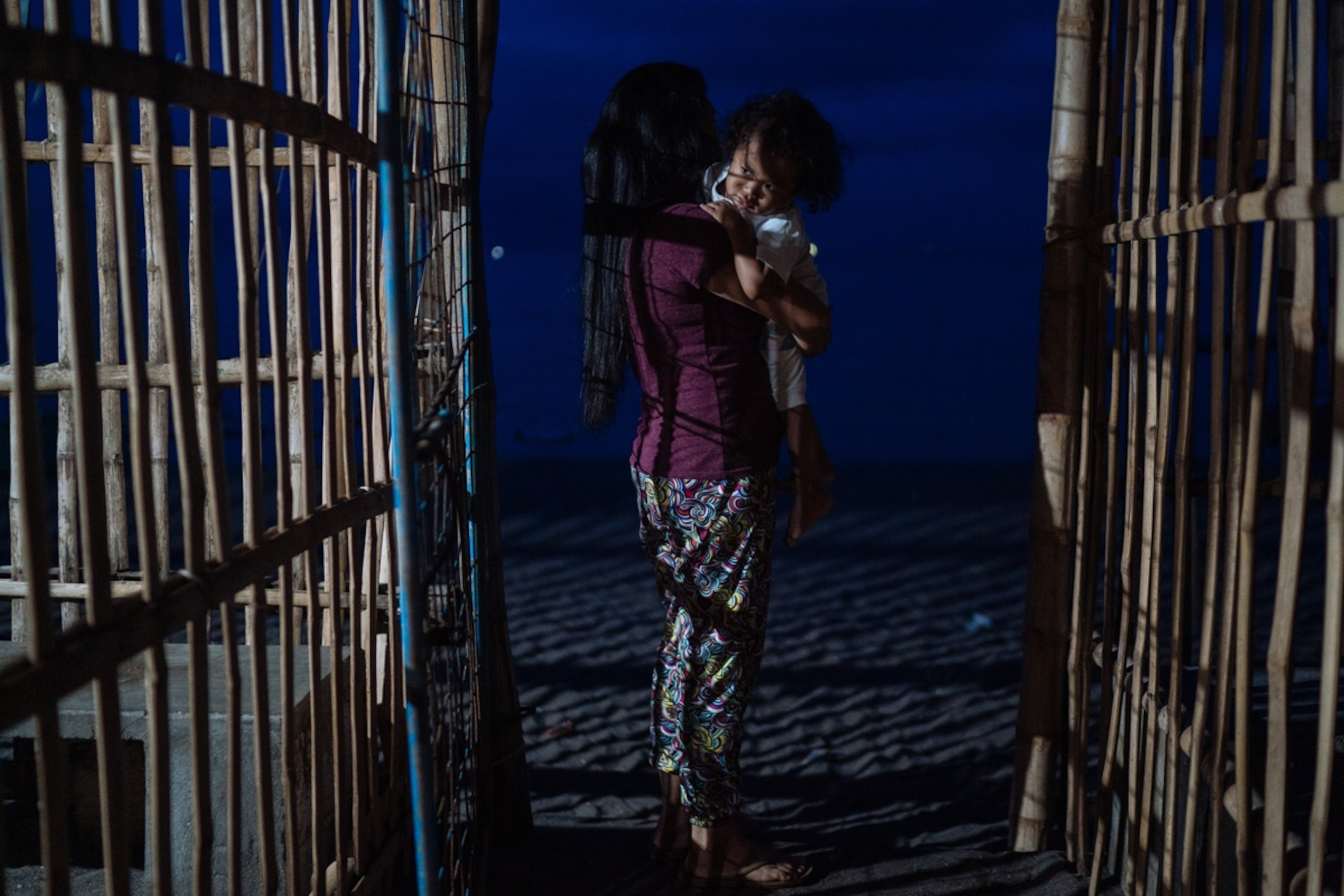
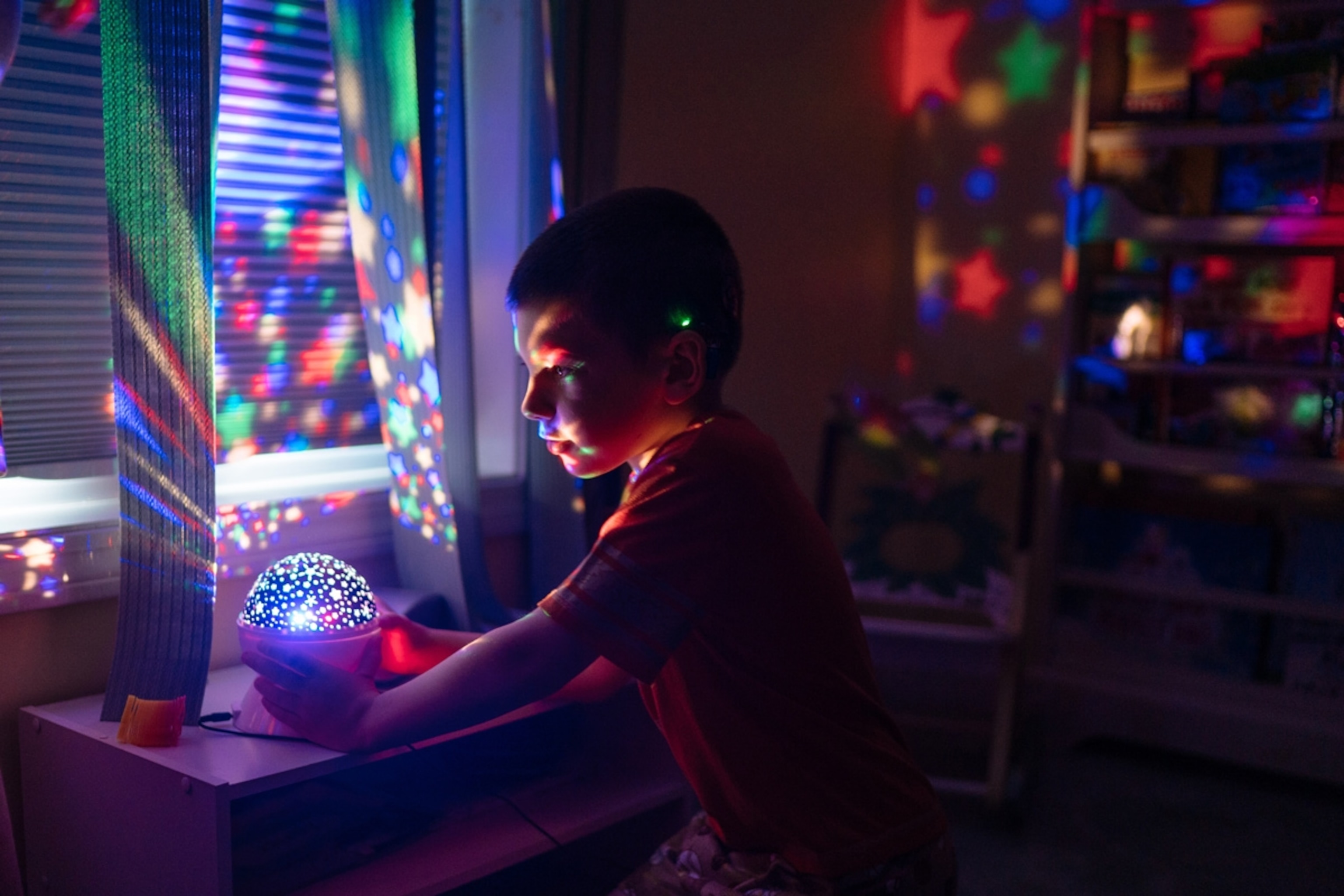
The routines can also help children learn to calm themselves, which slows down their breathing and lowers their heart rate.
“A child needs to know how to go from the go-go-go tempo of daily life to … a calmer state,” says education researcher Dennie Palmer Wolf.
That’s something that’s particularly important now, as children deal with stress from the pandemic. But other benefits derived from bedtime rituals can help with COVID-19 tension, too.
“Rituals add predictability and a sense of stability in unpredictable times,” says Tiffany Ortiz, director of early childhood programs at Carnegie Hall's Weill Music Institute, which developed the Lullaby Project, an international initiative that promotes writing and singing of lullabies to support maternal health, child development, and bonding between parents and children.
They can also send a message of resilience, Wolf says, especially those songs and practices passed down through generations.
“Rituals carry with them the subtle message that we have a longer history than this moment,” she says. “We will continue. We have continuity. This is the song my grandmother sang to my mother, and I share it with you. We have prevailed.”
Ortiz agrees: “Hopes and dreams right now are so important as we try to navigate this time and think about the future for our children.”
How caretakers benefit, too
Although people typically think of advantages for children, the benefits of bedtime rituals for caregivers are just as important. For instance, Ortiz notes that downtime moments to connect with children can be stress reducers for caregivers who are zonked with Zoom meeting after Zoom meeting.
“Stress translates, so if you’re a parent and going through a stressful situation or dealing with many stresses, that translates to the child,” she says. “We often encourage parents to find moments when they can use breathing, singing, and/or listening exercises with music to soothe. Singing together is a great way for parents and their young ones to connect.”
In fact, a study of the Lullaby Project, which also offers a catalog of lullabies from around the world for caregivers and children, found that participating mothers felt a greater sense of connection, achievement, and purpose and more positive emotions when engaged in lullabies with their children.
Wolf, a lead researcher on the study, says that those rituals give a break from the stresses of the day to both child and caregiver. “It’s a kind of oasis,” she says. (Find out what the lullabies we sing to our children reveal about us.)
Creating your own family ritual
Lullabies and bedtime stories are common bedtime rituals, but parents often come up with their own. And the routines don’t have to be at bedtime for children to get the same benefits. What’s most important, Wolf says, is consistency, so that the child learns to expect and depend on the regularity and comfort derived from the ritual.
For instance, after the pandemic relaxed the normally strict bedtime hours in the Southfield, Michigan, home of Autumn and Justin Price, they came up with a new morning ritual: hot chocolate for their three children, ages 13, 9, and 7.
“Right now I’m big on trying to comfort them,” says Autumn Price, a speech and language pathologist. “I guess I feel like I have to compensate because there’s so much they can’t do anymore.”
And why hot chocolate? “Right at the beginning of the pandemic, I heard that hot stuff kills the virus. So I went and bought a giant tub of hot chocolate,” she says. “I know it doesn’t kill the virus. But they love it, and we’ve just continued.”
Danielle Rice, a yoga teacher and infant mental health instructor in Detroit, regularly includes a few moments of morning yoga poses with her three-year-old son, Elijah.
“It helps us become more attuned to each other,” she says. “It gives us a chance to connect with each other and shut the world out. It makes me feel less pressure and I’m more engaged with him, which improves my efficacy as a parent.
“It’s also fun for him. We can’t go to Chucky E. Cheese or Legoland right now, so this is a way to have fun in the house.”
Rice has a nightly ritual as well, allowing Elijah to choose one toy to play with for five minutes before a nightly prayer, followed by bedtime.
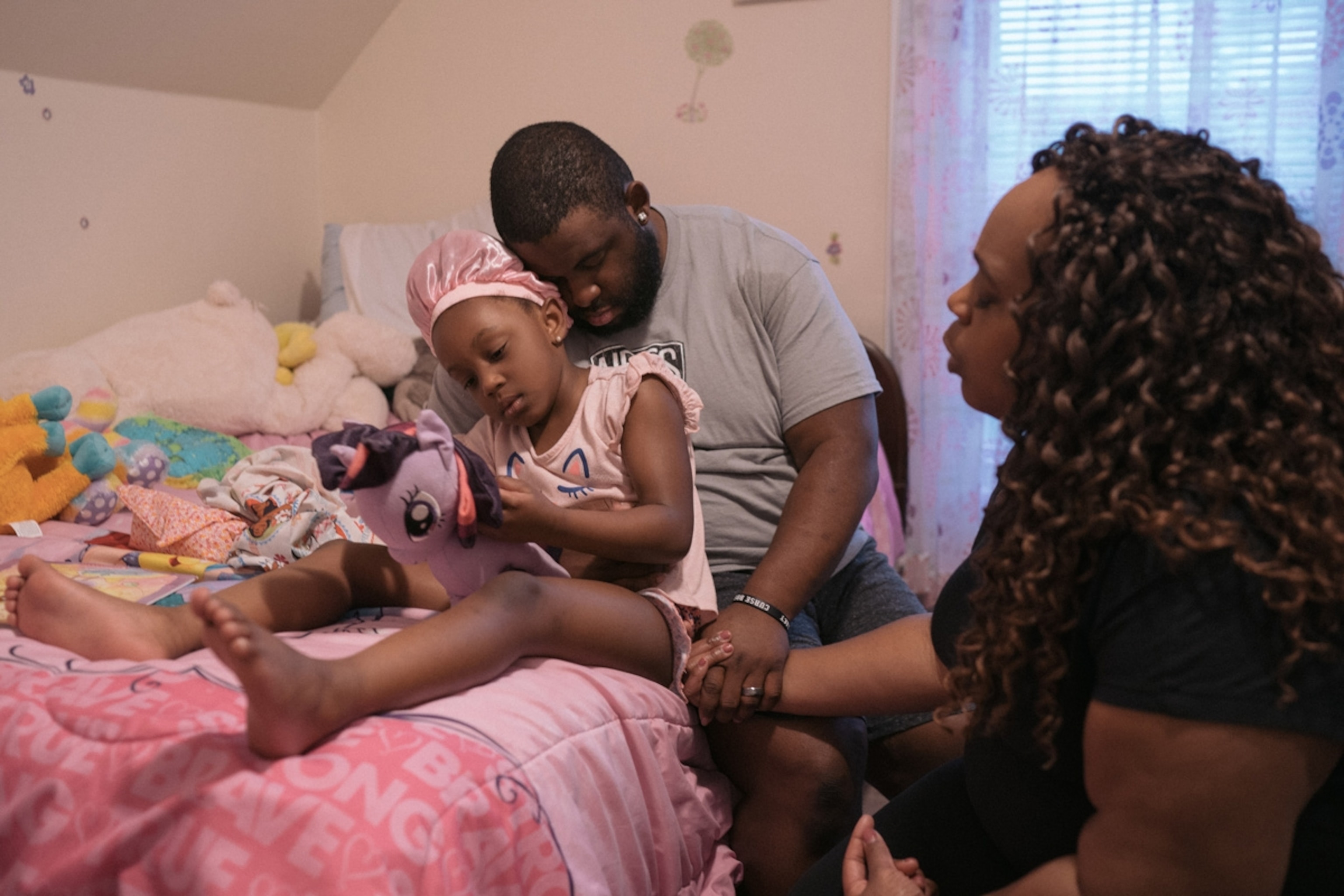
For the Hallett family of Brockton, Massachusetts, their nightly ritual is a dance party. After cleaning up from dinner, they put on some good dance music and jam.
It’s not just fun—dancing to and listening to music is also a way to share their culture, whether through the old-school R&B that dad Anthony Hallett puts on, or the island music or Kompa—reggae-like genre popular in her native Haiti—that Jessica Blass-Hallett leans toward. Even if their two children don’t know the language in the songs, they pick up the meaning, she says.
“We can have a good time no matter what’s going on outside the four walls,” says Blass-Hallett, a second-grade teacher. “Aside from pure enjoyment, it helps us bond as a family.”